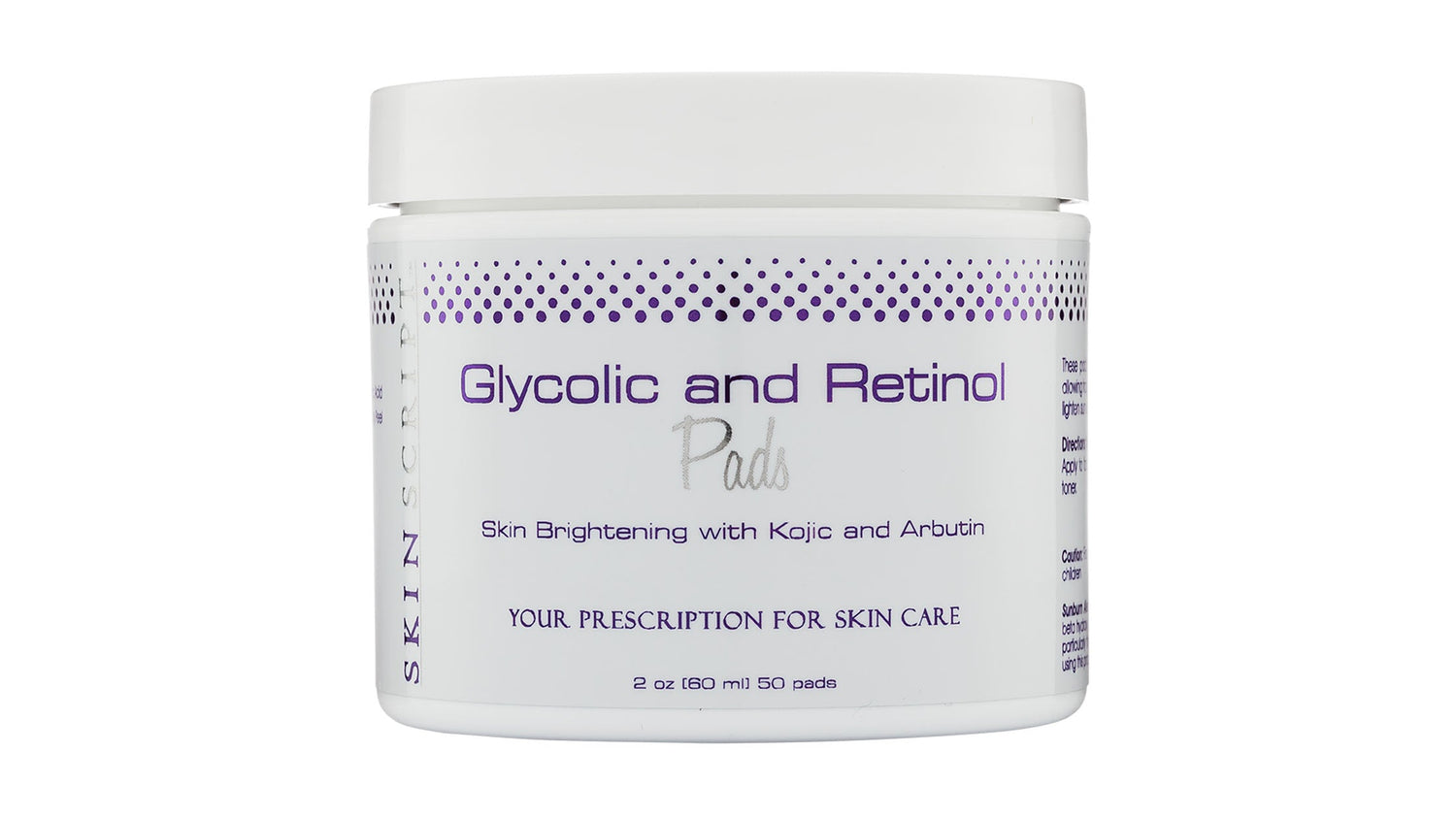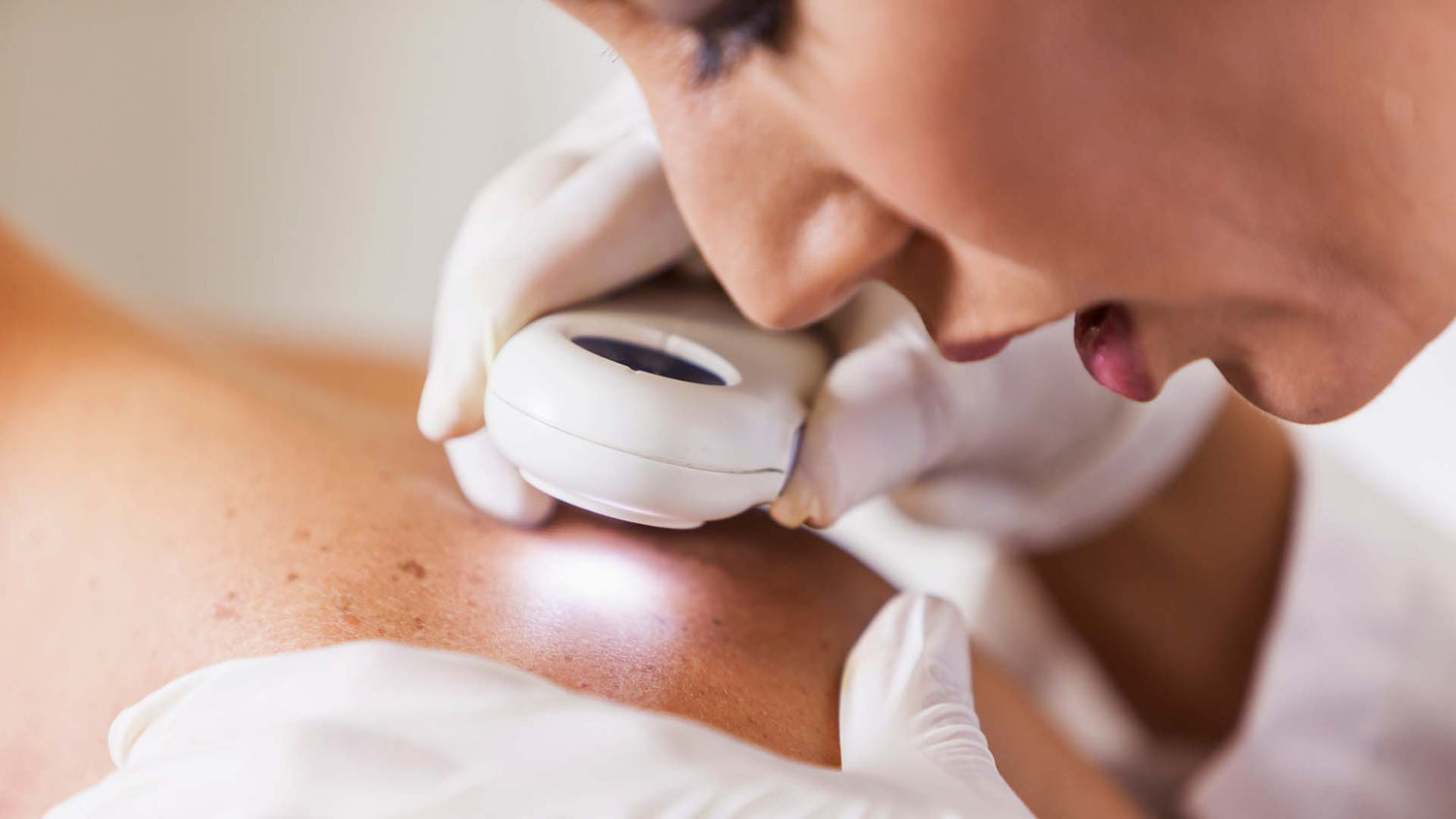The dry air and harsh winds of the winter season can cause cracks and dryness. Factor in the effects of indoor heating systems on the skin, and you have a recipe for disaster. Together, they strip natural moisture and essential oils. This can compromise your skin barrier and make you susceptible to conditions like psoriasis and eczema, leading to redness, itchiness, and irritation. This is why it is important to switch things up in your skincare regime as colder temperatures approach. Certain adjustments can significantly improve skin health and protect you against the harshest effects of winter.
1. Ease Off on Exfoliators
Exfoliating removes dead skin cells, leaving your skin bright and glowing. It also helps products penetrate more easily into the top layer of the skin so you can get the most out of your skincare products. Note that over-exfoliating can disrupt the outer layer of the skin, which leads to dryness and irritation. Switching your weekly exfoliant product to a more gentle and hydrating scrub or enzyme will be very beneficial for your skin during winter months. Skin Script Skincare Retinol 2% Scrub or Osmosis Skincare Polish Enzyme Mask are some best sellers.
2. Hydrate Your Skin
In winter, water evaporates from our bodies easily, which can make our skin dry and more sensitive to the elements. Applying a hydrating cream or mask in the morning and afternoon could help keep our skin hydrated and supple. A cream that is light yet hydrating for day use like Gitanne Skincare Opal Ultra Soothing Day Cream If you sleep in a room with central heating, consider investing in a humidifier. It will replenish moisture in the air, keep the humidity levels in your home or office at an ideal level, and provide comprehensive hydration benefits.
3. Indulge in Overnight Treatments
Overnight treatments, designed to be the last step of your nighttime routine, are a great way to give your skin some targeted TLC and arm it for the harsh winter environment.
Look for ingredients like squalane, shea butter, and oils like jojoba, rosehip, and soybean for intense hydration, and ceramides and peptides to strengthen and restore your skin barrier. Osmosis Skincare Remedy Healing Mask is an excellent mask to wear while sleeping to give your skin the deep hydration it needs during winter months.
4. Layer Your Skincare the Right Way
In cooler months, you must think about skincare like you do your clothing: apply it in layers. Layering products keeps your skin from over-drying and allows you to address multiple skin concerns simultaneously. Go from light to heavy products in terms of consistency and texture. Start with mist or watery toner, then add moisturizing serums, facial oils, and nourishing creams. Take the less is more approach and pace the application of each layer, so the skin has time to absorb all the beneficial ingredients. Together, they will maintain hydration and strengthen your skin barrier to keep your skin healthy.
5. Moisturize Your Hands Frequently
Keeping our hands clean is crucial at all times. Unfortunately, we have fewer oil glands on the skin of our hands, so moisture escapes more quickly compared to other body parts.
This is why applying hand cream liberally during the winter months is essential. Consider using cuticle oil once a day to keep your nails healthy.
6. Opt For Gentle Cleansers
Most cleansers contain sulfates, which can cause dryness. Bar soaps are not the best either, as they disrupt the skin’s microbiome. To avoid these issues, use cleansing creams, balms, or oils that contain moisturizing ingredients—preferably ones that are designed for sensitive skin. They’ll rid the skin of impurities and keep the skin hydrated while maintaining the skin’s natural barrier. Opt for fragrance-free cleansers to prevent irritation. If you have acne, look for cleansers that contain salicylic acid and benzoyl peroxide. However, as these ingredients can be harsh, use them in moderation. Try Osmosis Skincare Lift Away Balm.
7. Protect Your Lips
The skin on our lips has only three to five cellular layers, compared to the rest of our skin, which has about 16, and few oil glands to keep them moisturized. As our lips are constantly exposed to the elements, they can easily get chapped and split. It is imperative to use hydrating lip care products to seal in moisture. Gitanne Skincare Bisou, Bisou Lip Serum will do the trick.
8. Swap Moisturizer in Favor of Creams
Heavy creams are to winter what lotions are to summer: indispensable. In low-humidity conditions, use products that contain emollients (creams and lotions) and occlusives (oils and waxes) in your evening routine. You can also use humectants like hyaluronic acid and glycerin to draw water into the skin. These ingredients maintain natural skin barrier function and act as a shield to prevent moisture from escaping.
9. Take Lukewarm Showers
Hot water strips the skin of its natural moisture and dries it out. This can cause your skin to crack and flake. Take lukewarm showers no more than once a day and only for short durations. Apply body oil or lotion while your skin is still damp to lock in moisture and hydration and prevent dryness.
10. Wear Sunscreen
The sun’s warmth on your face may feel wonderful in the winter, but such UV exposure can lead to pigmentation, wrinkles, sunburn, and loss of collagen. UV light reflects off snow, too, so you can get a bad sunburn even on gloomy winter days. Exposure has also been linked to skin cancer, per the American Cancer Society. Apply a broad-spectrum sunscreen of SPF 50 or higher on all exposed areas of your body as a protective measure. Applying sunscreen will keep your skin supple, provide protection from the sun, and improve your skin tone and texture.
Wrapping Up
These simple skin care tips will help keep your skin healthy during the winter. Remember that what appears on the outside is a direct reflection of what’s going on inside your body. So you should also drink plenty of water and eat a well-balanced nutritious diet—these healthy habits will soon reflect on your skin.






